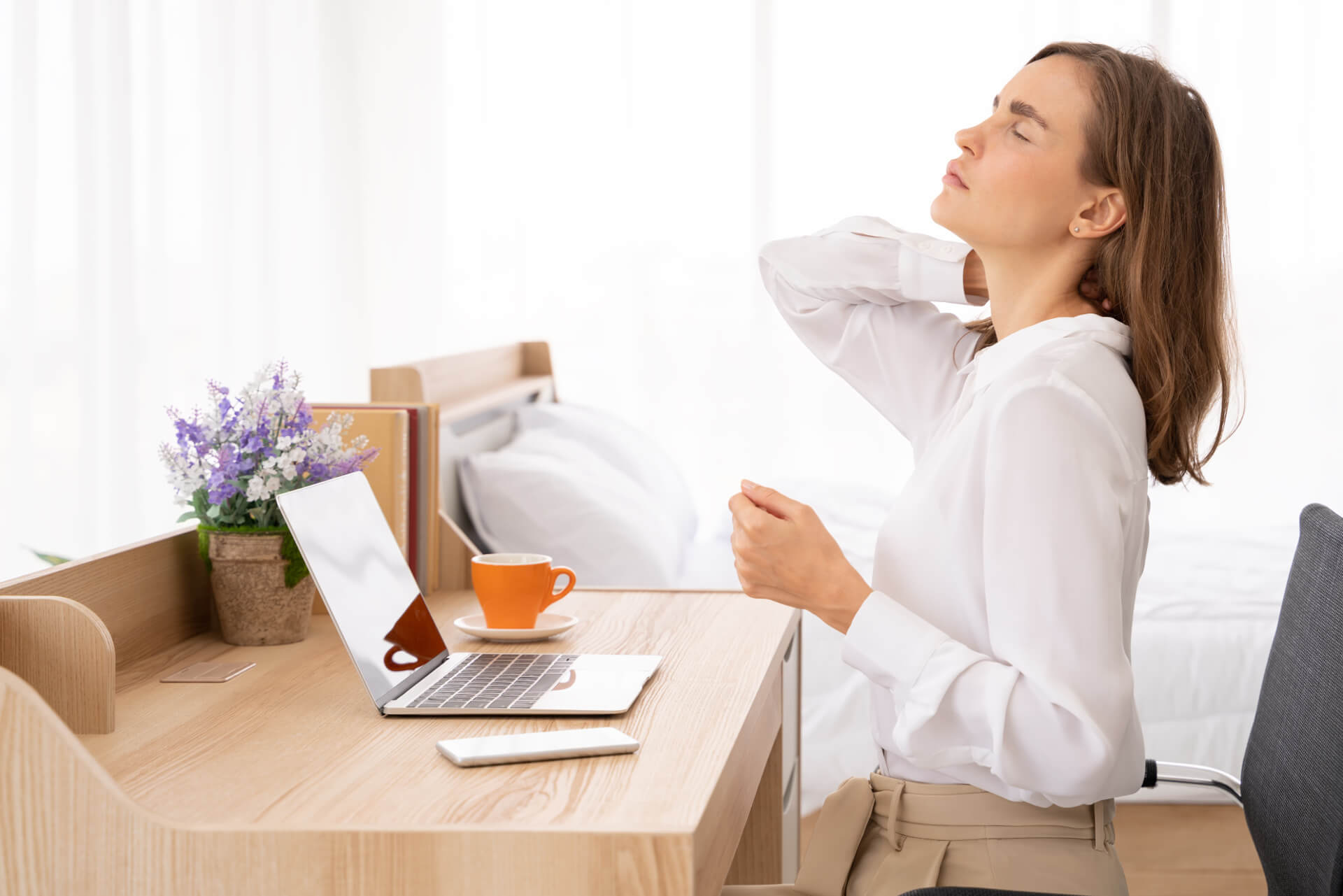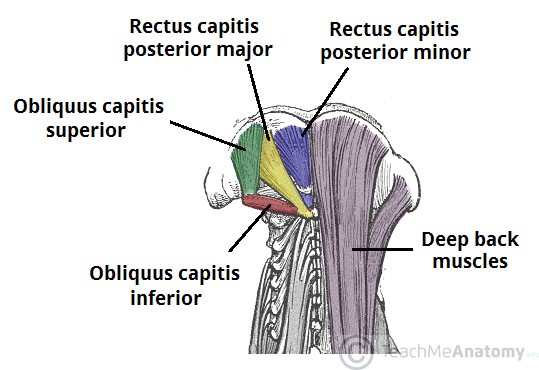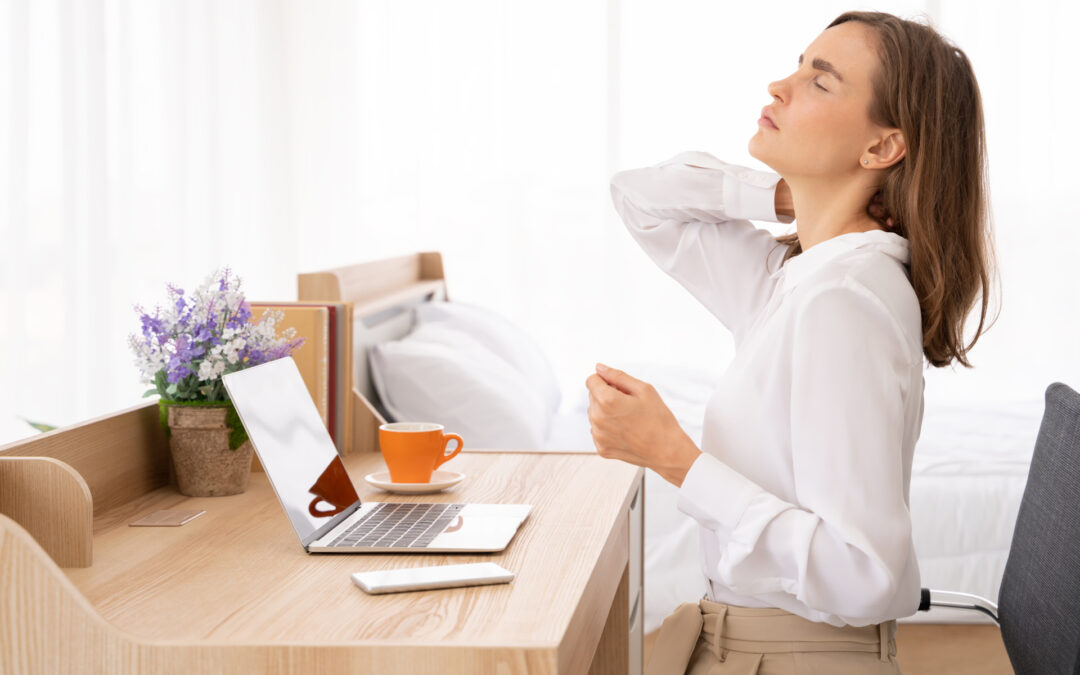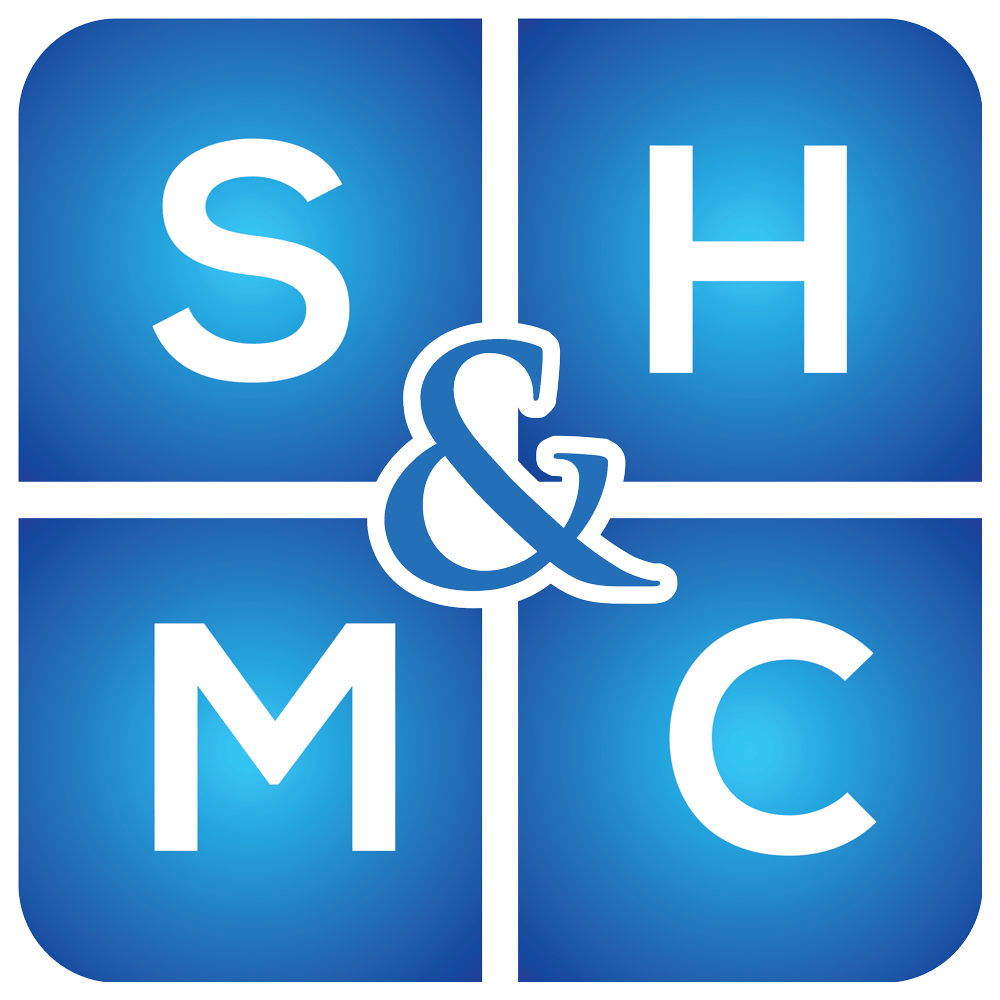
The neck is a very mobile part of the body, meaning that a lot of different muscles are tasked with maintaining its stability and supporting the weight of our head. The sub-occipital muscles are a very important group of stabilising muscles. Located just underneath the back of your skull, they connect, stabilise and mobilise the joints between the skull, C1 and C2.
At Gold Coast Headache & Migraine Clinic, we look closely at sub-occipital muscles. Not only do they stabilise the upper cervical spine and skull, but dysfunction in this muscle group can also lead to neck pain, headache, migraine, and even vestibular problems!
What symptoms should I look out for?
- Deep or vague headaches that form a band of pain from the neck to the eye
- Migraines
- Stiffness in the neck
What can you do to help me?
At Gold Coast Headache & Migraine Clinic we specifically assess the sub-occipital muscles as part of a thorough assessment of your condition.
We will specifically pay attention to Obliquus Capitis Inferior muscle (which is highlighted in red in the image below). This muscle, when it is under spasm, can have a considerable effect on the biomechanics of the upper cervical spine.
Your clinician at Gold Coast Headache & Migraine Clinic will thoroughly assess this muscle group to determine the effect they may be having on your symptoms. They will then provide you with an individualised treatment plan to help you recover.

The sub-occipital muscles – Image courtesy of https://teachmeanatomy.info/neck/muscles/suboccipital/
Management
Once you have been evaluated through an interview and physical examination, if an issue with your sub-occipital muscles is identified, we will develop a tailored management plan best suited to your needs.
Most likely you will receive advice regarding your posture, habits, and sleeping positions; manual therapy directly to the upper cervical spine (C1-C3); and exercises designed to help you self-treat and self-manage your symptoms.
The goal of the treatment is to help reduce the frequency, duration, and intensity of your symptoms.
The suboccipital muscles
| Muscle | Origin | Insertion |
| Rectus capitis posterior minor | Posterior tubercle of C1 | Medial part of inferior nuchal line |
| Rectus capitis posterior major | C2 spinous process | Lateral part of inferior nuchal line |
| Obliquus capitis superior | C1 transverse process | Occipital bone (between superior and inferior nuchal lines) |
| Obliquus capitis inferior | Posterior tubercle of C2 | C1 transverse process |
Get in touch
Contact us to talk to a headache clinician about how we can help you!
Phone: 1800 43 23 22
Email: [email protected]







